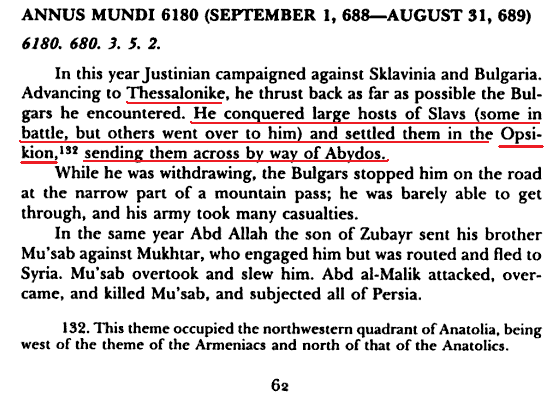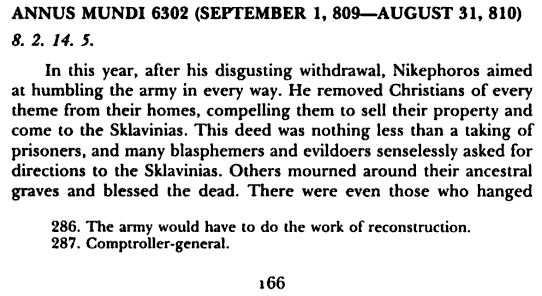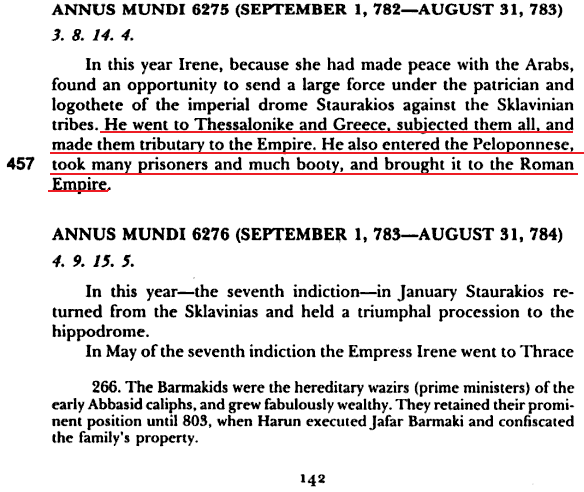Originally posted by Pelister
If we do not know what the language of the Sklavenoi was - we do not know.
You do not know who the "Sklavenoi" were.........
The term "Slav" cannot be used scientifically to refer to both 6th century invaders (firstly because they were NOT called "Slavs" by their contemporaries) and at the same time to be used to describe modern day "Slavic speakers", because there is no evidence of a material and/or linguistic connection between the two groups.








Comment